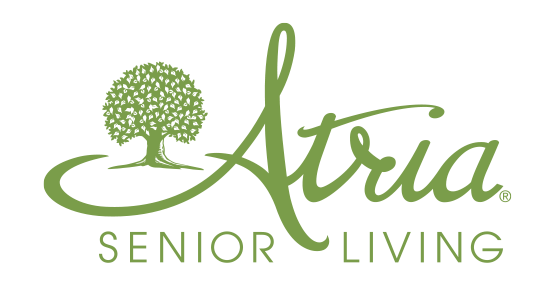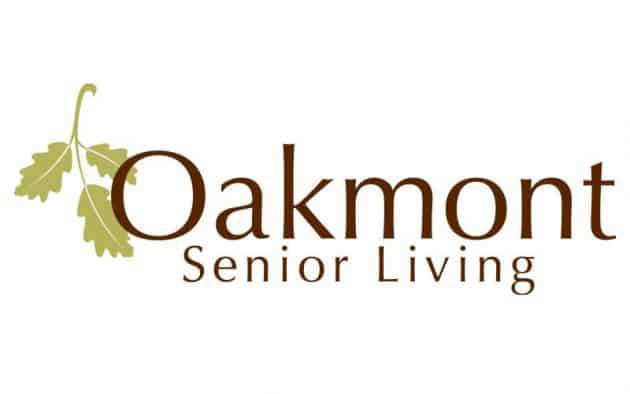Exploring Long-Term Living Solutions: Continuing Care Retirement Communities (CCRCs)
For many seniors, finding a living arrangement that can adapt to their changing needs over time without the stress of multiple moves is a paramount concern. Continuing Care Retirement Communities (CCRCs), also known as life plan communities, offer a dynamic solution, providing a spectrum of care from independent living to assisted living and skilled nursing care within one residential setting. This guide, crafted by Placement Helpers, dives deep into the nuances of CCRCs, providing seniors and their families with critical insights to make informed decisions.

What is a CCRC?
A Continuing Care Retirement Community (CCRC) is a comprehensive senior living option that provides a seamless continuum of care, enabling residents to “age in place.” These communities offer a range of living arrangements—from independent living to assisted living and skilled nursing care—designed to adapt to residents’ changing health and personal needs, all within the same campus.
Unique Features of CCRCs
Continuing Care Retirement Communities (CCRCs) offer a unique blend of features designed to provide lifelong care and convenience for residents. These communities combine independent living, assisted living, memory care, and skilled nursing within a single campus, allowing seamless transitions as needs change. With lifelong residency contracts, on-site healthcare, and maintenance-free living, CCRCs provide financial predictability and peace of mind. Residents enjoy resort-style amenities, personalized services, vibrant social opportunities, and comprehensive wellness programs, all within a safe and secure environment that fosters connection and supports long-term planning for aging in place.
The Advantages of Choosing a CCRC
Pros:
- Aging in Place: CCRCs provide a seamless continuum of care, allowing residents to transition smoothly between independent living, assisted living, and skilled nursing care as their needs change, eliminating the need for future relocations.
- Peace of Mind: Lifelong residency contracts and on-site healthcare ensure financial predictability and reliable access to care, offering reassurance for residents and their families.
- Holistic Wellness: CCRCs emphasize physical, mental, and social well-being through fitness programs, wellness initiatives, and a variety of recreational activities tailored to residents’ interests.
- Vibrant Community: These communities foster meaningful connections through shared dining, events, and activities, reducing isolation and enhancing quality of life.
- Security and Safety: With 24/7 staff, emergency response systems, and secure environments, CCRCs provide a safe living space for seniors.
- Convenience: On-site amenities such as dining options, fitness centers, pools, libraries, and transportation services make daily living easier and more enjoyable.
- Limited Flexibility: Some CCRCs may restrict residents from accessing outside services or moving out without financial penalties.
Cons:
- High Initial Costs: CCRCs often require a substantial entrance fee, which can be a financial barrier for some seniors and their families.
- Complex Contracts: Understanding the terms of residency agreements, including refund policies and care guarantees, can be complicated and may require legal or financial advice.
- Qualification Requirements: Many CCRCs have health and financial eligibility criteria that could disqualify potential residents.
- Potential for Fee Increases: Monthly fees may rise over time due to inflation or increased operational costs, impacting long-term affordability.
- Emotional Adjustment: Transitioning to a new community, especially for independent living residents, may require time to adapt socially and emotionally.
- Long-Term Commitment: Residents who later decide a CCRC isn’t the right fit may find it challenging to leave due to financial or contractual obligations.
- Variable Quality of Care: While many CCRCs provide excellent services, the quality of care can vary between communities, making research and visits essential before committing.
Evaluating Costs
The financial model of CCRCs typically involves an upfront entry fee followed by monthly payments. These fees vary widely based on the type of housing, level of care, and contractual details:
- Entry fees can range from $100,000 to $1 million.
- Monthly fees can range from $3,000 to over $5,000, depending on the services included.
These fees generally cover room and board, basic utilities, maintenance, housekeeping, and some level of care. Prospective residents should review contract types (e.g., extensive, modified, fee-for-service) to understand what is included and the financial implications of moving between levels of care.
Choosing a CCRC
- Accreditation and Reputation: Look for communities accredited by recognized bodies like the Commission on Accreditation of Rehabilitation Facilities (CARF).
- Health Care Services: Ensure the community can accommodate specific health needs, including memory care and rehabilitation services.
- Contractual Details: Understand all aspects of the contract, including fees, services covered, and conditions for transfer within the community.
- Cultural Fit: Visit the community, participate in activities, and talk to current residents to gauge if the social environment and lifestyle align with your preferences.
Placement Helpers: Your Guide to Finding the Right CCRC
At Placement Helpers, we specialize in helping families navigate the complex landscape of senior living options. Our experts are equipped to provide personalized guidance based on your specific needs and preferences, ensuring you find a CCRC that not only meets your care requirements but also enriches your life with its community and services.
For more detailed assistance and to explore CCRC options that could be your future home, please contact us at 855-701-8090 or visit us online placementhelpers.com. Let us help you make an informed choice about your long-term care and living arrangements.






